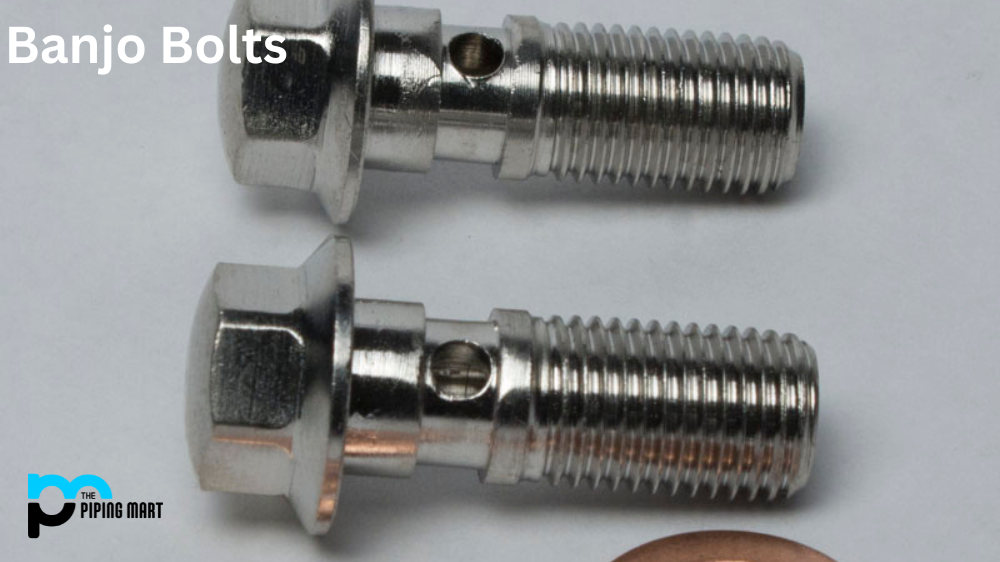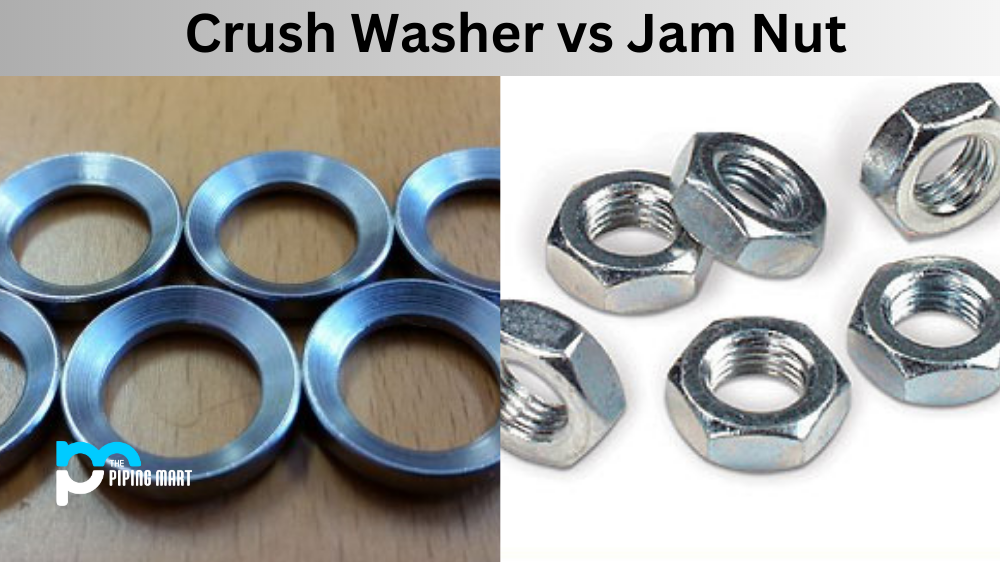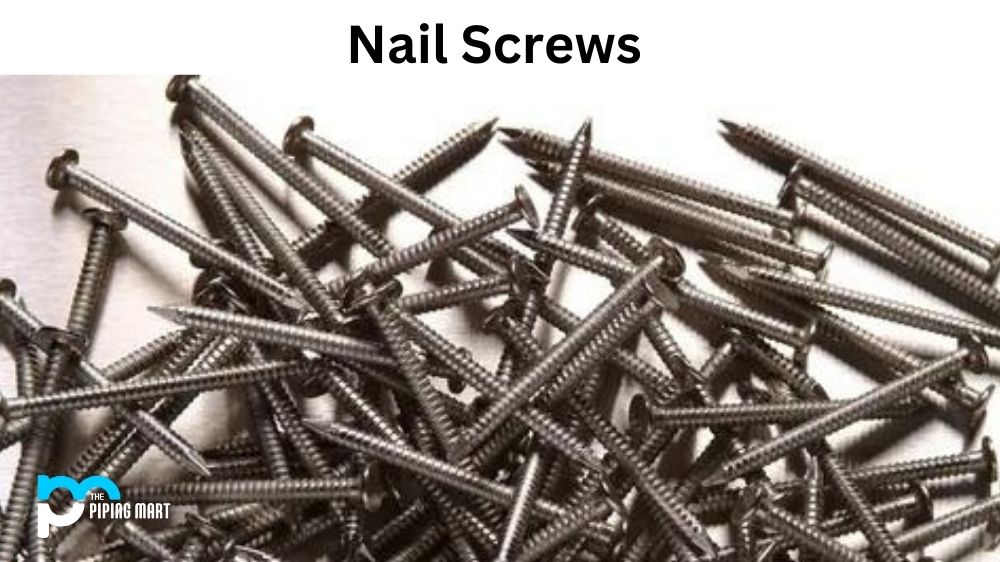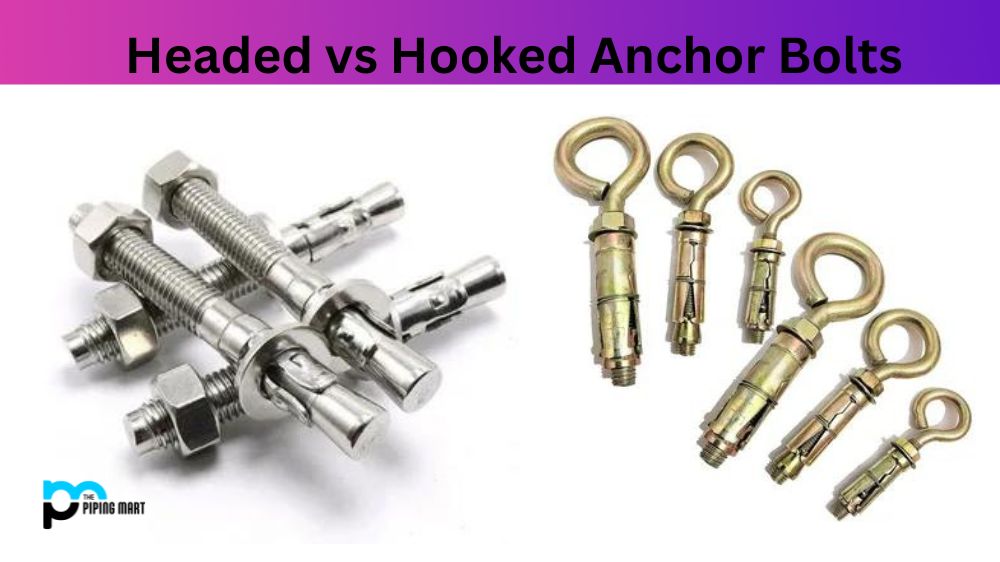If you’re in the automotive industry, odds are you’ve heard of a banjo bolt—but do you know what it is and how it can be used? Banjo bolts are commonly found in engine fuel systems and hydraulic brake systems, but they also have numerous other applications. In this blog post, we’ll take a closer look at banjo bolts and discuss why they’re so important.
What is Banjo Bolt?
A banjo bolt is a type of fastener designed for use in automotive engines. It consists of two pieces: a head and a shank. The head has an opening that allows liquids to pass through, while the shank has threads on one end that secures the bolt into place. The shape of the head resembles that of an old-fashioned banjo drum, hence its name.
Banjo Bolt Uses
Banjo bolts are most commonly used in automotive engines for fuel systems and hydraulic brake systems. They provide an efficient way to seal fluid lines from leaking or contaminating other system parts. For example, suppose there was no banjo bolt between your car’s fuel pump and injector. Any liquid could easily escape or become contaminated by outside elements such as dirt or debris.
Banjo Bolt Types
There are two main types of banjo bolts—threaded and non-threaded varieties. Threaded banjos feature internal threads, which allow them to securely attach themselves to parts within an engine system without using additional tools or hardware. At the same time, non-threaded versions must be secured using nuts or washers. Additionally, some specialty banjos may come with specific features such as O-rings or gaskets, which help reduce vibration and prevent leaks even further.
Conclusion:
Banjo bolts are essential components in automotive engines—from fuel and hydraulic brake systems to various other applications. They provide an effective way to create secure seals between components without using additional tools or hardware, ensuring that no liquids escape from the engine system or become contaminated by outside elements such as dirt or debris. While there are two main types—threaded and non-threaded varieties—some specialty banjos may also come with additional features like O-rings or gaskets for extra protection against leaks. Knowing all kinds of banjos will help website owners ensure their vehicles remain safe and well-maintained!

Pipingmart is a B2B portal that specializes in metal, industrial and piping items. Additionally, we share the latest information and information about materials, products and various types of grades to assist businesses that are involved in this business.




